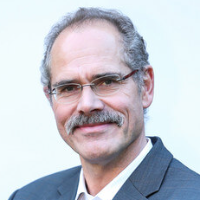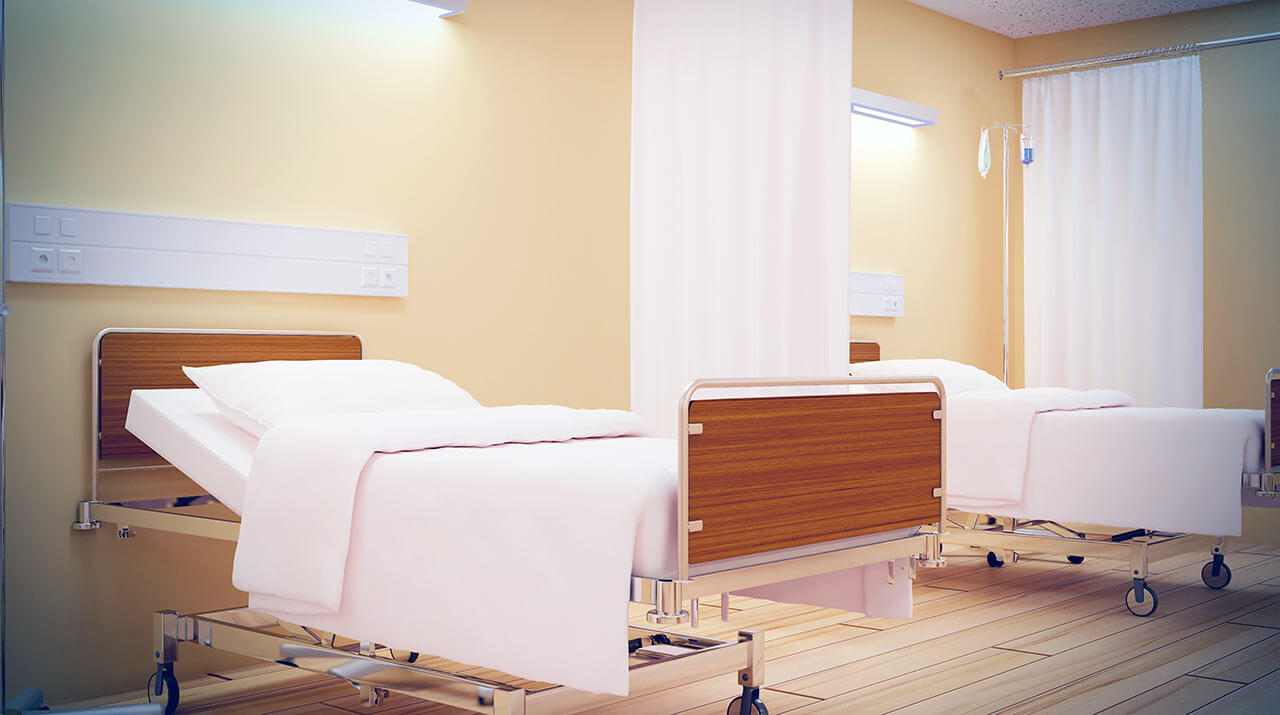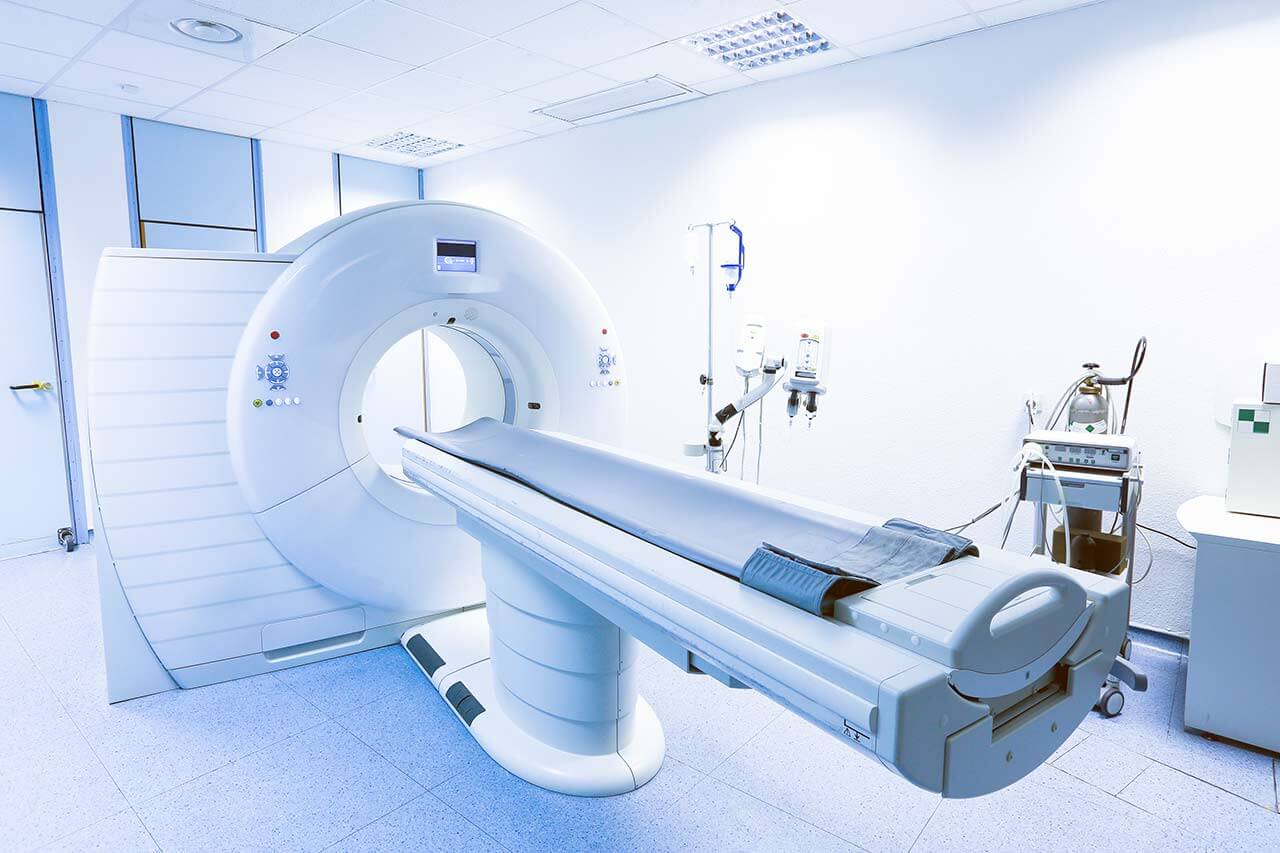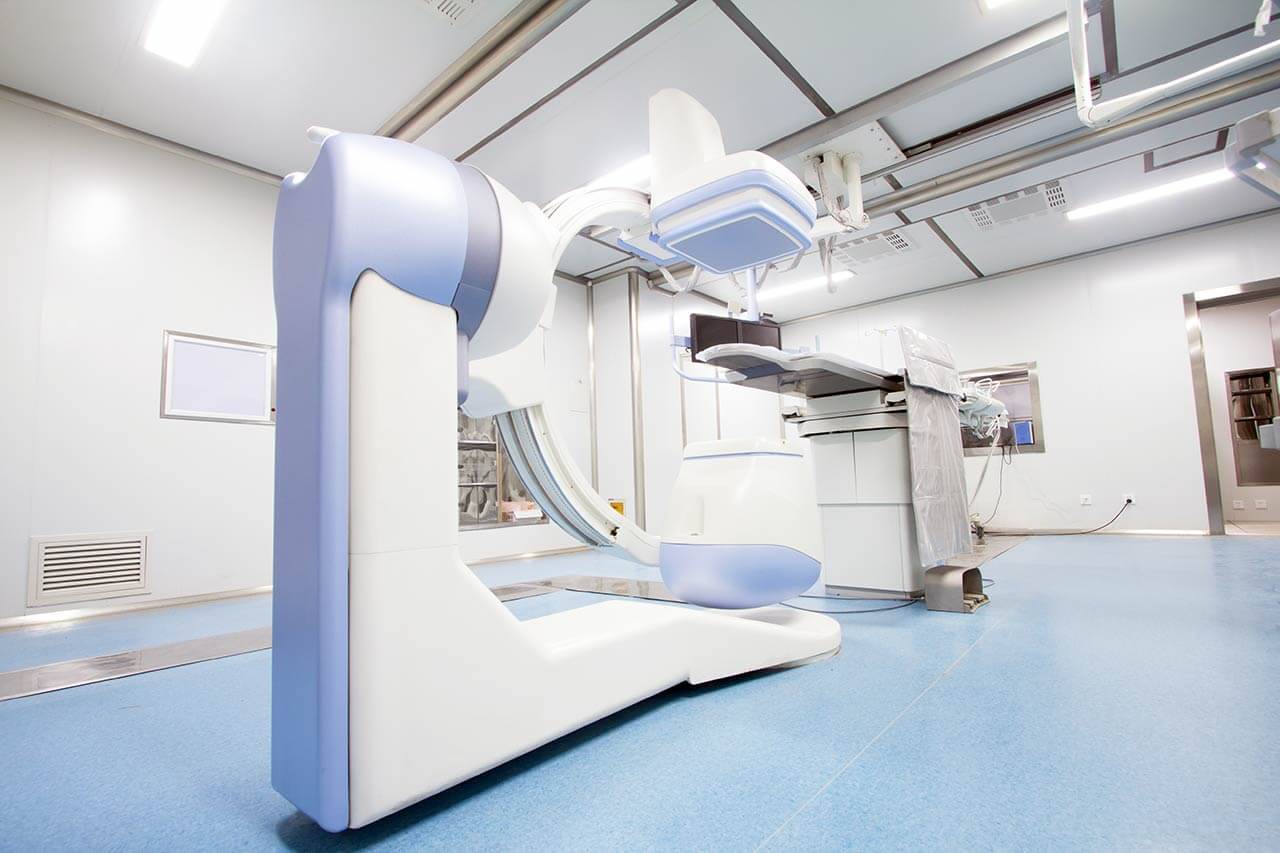
About the Department of Adult and Pediatric Neurosurgery, Spinal Surgery at University Hospital Greifswald
According to the reputable Focus magazine, the Department of Adult and Pediatric Neurosurgery, Spinal Surgery at the University Hospital Greifswald ranks among the top Neurosurgery Centers in Germany for many years in a row!
Patients of all age groups, including children, have access to the full range of neurosurgical treatments for diseases of the brain, spinal cord, spine, and peripheral nerves. Particular attention is paid to the surgical treatment of pathologies of the skull base and pituitary gland, epilepsy, vascular malformations of the brain, spinal disc herniations, spinal instability, and peripheral nerve compression syndromes. The specialists at the medical facility have unique competencies in treating brain tumors, and the department has the status of a Neuro-Oncology Center certified by the German Cancer Society. The department successfully uses sparing minimally invasive and endoscopic techniques for treating nervous system diseases. During surgical interventions, advanced computer technologies are used, including neuronavigation and neuromonitoring systems. There are two high-tech operating rooms for surgical treatment, in which more than 2,000 interventions are performed annually.
The department is headed by Prof. Dr. med. Henry Schroeder. According to the Focus magazine, the doctor ranks among the top German experts in treating brain tumors. The doctor has more than 30 years of successful clinical practice. He treats not only German citizens but also many patients from all over the world with severe central nervous system lesions. In addition, the professor takes an active part in national and international research projects.
The department enjoys a reputation as one of the best medical facilities in Germany, specializing in brain tumor treatment. Operations for such neoplasms are the most complex interventions that require high professional skills and the use of advanced and expensive equipment. All of this is available in the department. Neurosurgeons pay key attention to resection surgery for malignant brain tumors, such as gliomas, glioblastomas, astrocytomas, ependymomas, craniopharyngiomas, intraventricular tumors, chordomas, and others. Whenever possible, the department's specialists prefer minimally invasive interventions. When performing operations, doctors use advanced surgical microscopes, neuronavigation, and neuromonitoring, which ensure the highest safety of each surgical procedure. This plays an important role in brain surgery since the slightest mistake may cause severe cognitive, movement, vision, hearing, etc. disorders. Thanks to cooperation with specialized doctors, patients can also undergo chemotherapy, radiation therapy, and other conservative treatments.
The medical facility performs stereotactic surgery, which is indicated for patients with movement disorders, including Parkinson's disease, essential tremor, tremor caused by multiple sclerosis, and dystonia. The most popular method of stereotactic surgery is deep brain stimulation. The essence of the procedure is to implant a neurostimulator with an electrode in the pathological part of the brain, which constantly affects the subcortical structures with weak electrical impulses, thereby normalizing the electrical activity of the brain and reducing the severity of symptoms. The intervention is performed using minimally invasive techniques under MRI guidance. Depending on the patient's clinical data, local or general anesthesia may be used. The effectiveness of deep brain stimulation reaches 90%.
The department has extensive experience in trigeminal neuralgia treatment. The disease causes facial pain and burning, an impaired blink reflex, involuntary muscle contractions, and other symptoms. The cause of trigeminal neuralgia can be injuries, damage to the myelin sheath of the nerve, inflammation, hypothermia, or bacterial infections. The treatment is often aimed at relieving pain and preventing future recurrences. The first-line therapy is the use of individually prescribed medications in combination with physiotherapy. If such treatment does not yield the desired result, the department's neurosurgeons will offer the patient an operation, namely microvascular decompression. The intervention is performed using microsurgical techniques under general anesthesia. In 85% of cases, the operation allows patients to get rid of trigeminal neuralgia and the pain syndrome caused by it once and for all.
The department's team of doctors also treats children. Of particular interest is the provision of medical care to young patients with congenital malformations, such as meningocele, lipomyelomeningocele, tethered cord syndrome, Arnold Chiari malformation, syringomyelia, etc. In addition, the neurosurgeons at the medical facility successfully perform operations to treat brain tumors, hydrocephalus, benign intracranial hypertension, craniosynostosis, traumatic spinal injuries, and traumatic brain injuries. In many cases, the specialists perform low-traumatic minimally invasive and microsurgical interventions, so the child does not need a long hospital stay and rehabilitation.
Spinal surgery is an integral part of the department's clinical practice. A large number of operations in this field are performed for cervical and lumbar disc herniations. The department also has unique experience in the surgical treatment of spinal injuries, which has been carried out here since 1992. It should be noted that in the course of operations for spinal injuries, the neurosurgeons at the medical facility often use special implants developed on the basis of the department. Another focus of the department's work in the field of spinal surgery is kyphoplasty in patients with vertebral compression fractures. Spinal interventions are performed using minimally invasive techniques, so the surgical risks are minimal, and patients can leave the hospital just a few days after the operation.
The department's main clinical activities include the following:
Adult neurosurgery |
|
Pediatric neurosurgery |
|
Spine surgery |
|
Other medical services |
Curriculum vitae
Higher Education and Professional Career
- 1983 - 1989 Human Medicine studies at Ernst Moritz Arndt University of Greifswald.
- 26.08.1989 Admission to medical practice.
- 09.01.1990 Thesis defense with honors. Subject: "Effect of sodium thiocyanate on the humoral immune response in the splenectomized guinea pig".
- 01.09.1989 - 04.09.1996 Research Fellow of the Department of Neurosurgery, Ernst Moritz Arndt University of Greifswald.
- 04.09.1996 Board certification.
- 03.07.2001 Habilitation on the subject: "Neuroendoscopic therapy of arachnoid cysts, intraventricular processes and CSF pathway stenosis."
- 16.05.2001 Venia legendi and appointment as a Senior Physician.
- 01.02.2003 - 01.12.2004 Acting Head of the Department.
- 08.06.2004 - 01.12.200 Extraordinary Professorship.
- Since 01.12.2004 C4 Professor and Head of the Department of Adult and Pediatric Neurosurgery, Spinal Surgery at the University Hospital Greifswald.
Additional Qualifications
- 12.03.1997 Theoretical basis of Radiation Protection in accordance with the provisions of the Radiological Protection Ordinance.
- 11.01.2006 Special Neurosurgical Intensive Care.
Internships
- 1990 Internship under the supervision of Prof. Hermann, Department of Neurosurgery, Hamburg.
- 1991 Internship under the supervision of Prof. Millezi, Division of Plastic and Reconstructive Surgery, Department of Surgery, University Hospital Vienna.
- 1992 Internship under the supervision of Prof. Berger, Department of Plastic Surgery, Hand Surgery and Reconstructive Surgery, Hannover.
- 1992 Internship under the supervision of Prof. Samii, Department of Neurosurgery, Nordstadt, Hannover.
- 1996 Internship under the supervision of Prof. Manwaring, Phoenix Children's Hospital, Phoenix, Arizona, USA.
- 1998 Internship under the supervision of Prof. Spetzler, Barrow Neurological Institute, Phoenix, Arizona, USA.
- 2000 Internship under the supervision of Prof. Jho, University of Pittsburgh Medical Center, Pittsburgh, PA, USA.
- 2005 Internship under the supervision of Prof. Spetzler, Barrow Neurological Institute, Phoenix, Arizona, USA.
- 2005 Internship under the supervision of Prof. Fukushima, Duke University, North Carolina, USA.
- 2005 Internship under the supervision of Prof. Berger, University of California Los Angeles, San Francisco, California, USA.
- 2005 Internship under the supervision of Prof. Fukushima, Japan.
Memberships
- 1992 - 1997 Associate Member of the German Society of Neurosurgery.
- Since 1997, Full Member of the German Society of Neurosurgery.
- 1997 - 2001 Secretary of the German Society for Endoscopic Neurosurgery and Neuronavigation.
- Since 1998 International Member of the Congress of Neurosurgeons (USA).
- Since 2006 International Member of the American Association of Neurosurgeons (USA).
- Since 2009 Member of the Scientific Advisory Board of the German Society for Skull Base Surgery.
- Since 2009 Corresponding Member of the South Cone Society of Neurological Surgeons.
- Since 2011 Member of the German Academy of Neurosurgery.
- 2014 - 2017 Chairman of the Endoscopy Committee of the World Federation of Neurosurgical Societies.
- 2017 Chairman of the International Federation of Neuroendoscopy.
- 2019 Treasurer of the German Society for Skull Base Surgery.
- 2019 Chairman of the International Federation for Neuroendoscopy.
Photo of the doctor: (c) Universitätsmedizin Greifswald




